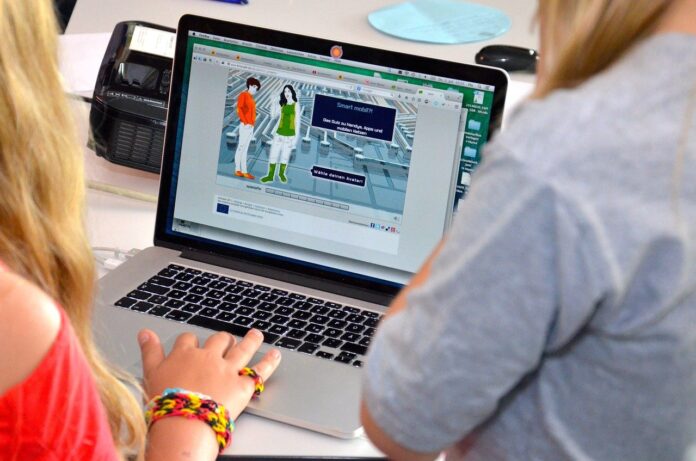Media literacy refers to the ability to critically evaluate and understand media.
According to the United States Department of Education, more than half of all American adults (approximately 130 million people), lack proficiency in literacy, meaning they read at a middle-school level or below. Similarly, almost half of Canadian adults struggle with literacy, with more than 15 per cent unable to pass even the most basic literacy tests.
Generally, media literacy for all forms of media, whether social media posts or films or novels, is low. Even people who can comprehend the basic information in a piece of content are sometimes unable to discern the deeper meaning or agenda behind the work.
Improving media literacy is vital in a world where misinformation is rampant, especially when it comes to a pandemic that continues to devastate communities across the country.
One of the first steps in understanding a piece of media is understanding why the piece was created. All content is created with a purpose, and while sometimes the purpose is simply humour or entertainment, often, the reasoning is more complex.
Consider the creator’s background — where they grew up, what community they were raised in, what education they received. Think about how these factors may have influenced their worldview. Next, consider how the creator might benefit from the work they have created. What purpose does their piece of media serve for them?
Make sure to note that multiple people are often involved in the creation of a work, from the author or artist to the editors, publishers and other figures who may have changed or directed the piece before it reached its audience. In the case of major film productions, for example, even writers and directors with significant creative control are not able to include absolutely everything they desire in their final product. Accordingly, think about how different figures involved in bringing the film to audiences may have altered the content to suit their agendas.
It is also important to consider how the creator is presenting their message. Two people who appear to be talking about the same concept may do so in very different ways, which often affects how people interpret their message. For example, a study from Stanford University found that the words people use to describe crime can influence the debate on how to fight crime. When crime is compared to a beast preying on a community, people generally support increased funding for police forces and harsher jail sentences. By contrast, when crime is framed as a virus infecting the same community, people are more likely to support social reforms to reduce crime.
Ultimately, media literacy is a vital skill — one that can determine the outcome of political elections and the rate of adherence to public health guidelines. It is important to improve your media literacy and support the people around you in improving theirs.






























